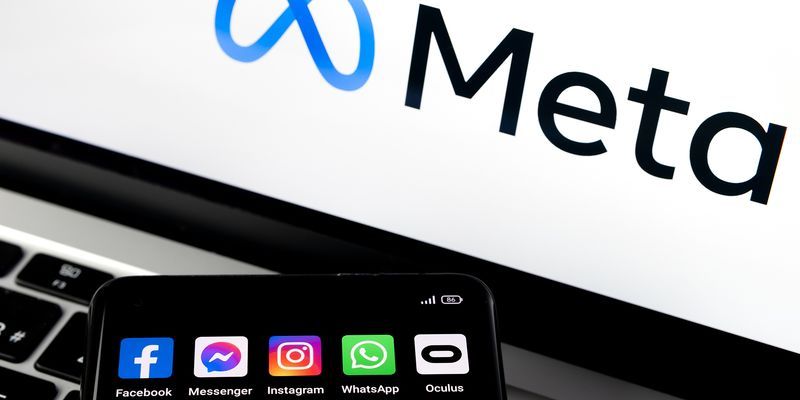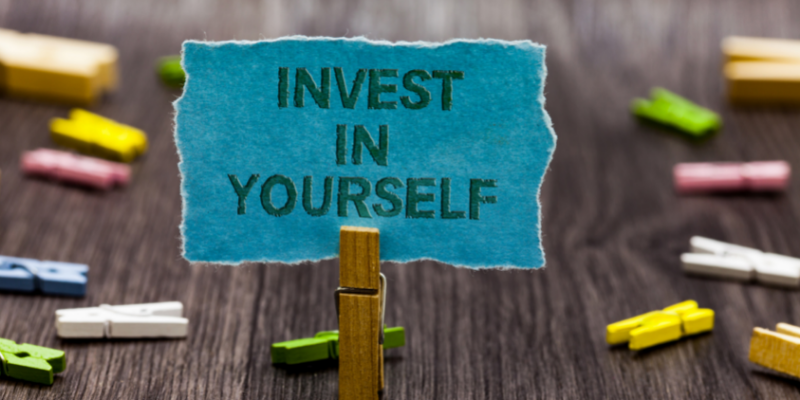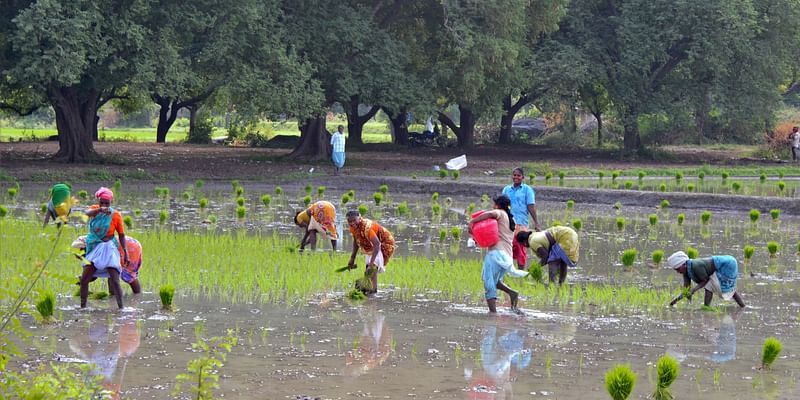Global inequality: richest 62 have same wealth as poorest half of world
Saturday January 23, 2016 , 3 min Read
Showing a sharp rise in income inequality in India and other countries, a new survey on Monday said the wealth of 62 richest persons globally now equals that of the poorest half of the world’s population. Besides, there are just nine women among the world’s 62 richest persons, whose total wealth has increased by more than half a trillion dollars to USD 1.76 trillion since 2010.

The study, titled ‘An Economy for the 1 per cent’ and conducted by rights group Oxfam, also showed that the wealth of the poorest half of the world’s population has fallen by a trillion dollars since 2010, a drop of 41 per cent. This has occurred despite the global population increasing by around 400 million people during that period.
Released in Davos ahead of the five-day World Economic Forum’s Annual Meeting beginning tomorrow, the survey showed that the number of people whose wealth is equal to that of the poorest half of the world’s population stood at 388 in 2010. Since then, it has been continuously declining and stood at 177 in the year 2011, 159 in 2012, 92 in 2013 and 80 in 2014.
Talking about the income inequality in various countries, the study cited that India’s top IT firm CEO makes 416 times the salary of a typical employee there, while that of the largest cigarette manufacturer gets 439 times the median staff salary. It also said that 46 per cent of billionaires in India have made their fortunes from sectors that depend upon market power, influence or preferential access to licensing.
At the same time, the report praised regulatory efforts in India mandating greater disclosures in this regard. “Lawmakers in India passed a disclosure mandate in 2013 which requires CEO pay ratios to be made public, an important step towards informing the public about the level of inequality within companies,” it said.
The report also highlighted that patient groups, other civil society organisations and the government in India have challenged the influence of big global pharma players, prioritising access to medicines for citizens. Oxfam called for urgent action to tackle the extreme inequality saying it “threatens to undermine the progress made in tackling poverty during the last quarter of a century”.
It also called for an end to the era of tax havens which has seen the increasing use of offshore centers by rich individuals and companies to avoid paying taxes. Globally, it is estimated that a total of USD 7.6 trillion of individuals’ wealth sits offshore. If tax were paid on the income that this wealth generates, an extra USD 190 billion would be available to governments every year.
Oxfam International Executive Director Winnie Byanyima, who was WEF Annual Meeting’s Co-Chair last year and is also attending the 2016 summit, said it is “unacceptable that the poorest half of the world’s population owns no more than a few dozen super-rich people who could fit onto one bus”.
As per the study, 9 out of 10 WEF corporate partners have a presence in at least one tax haven and it is estimated that tax dodging by multinational corporations costs developing countries at least USD 100 billion every year.
Corporate investment in tax havens almost quadrupled between 2000 and 2014. The findings of the survey are expected to be widely discussed at the WEF meetings being attended by over 2,500 leaders from across the world including over 100 from India.










